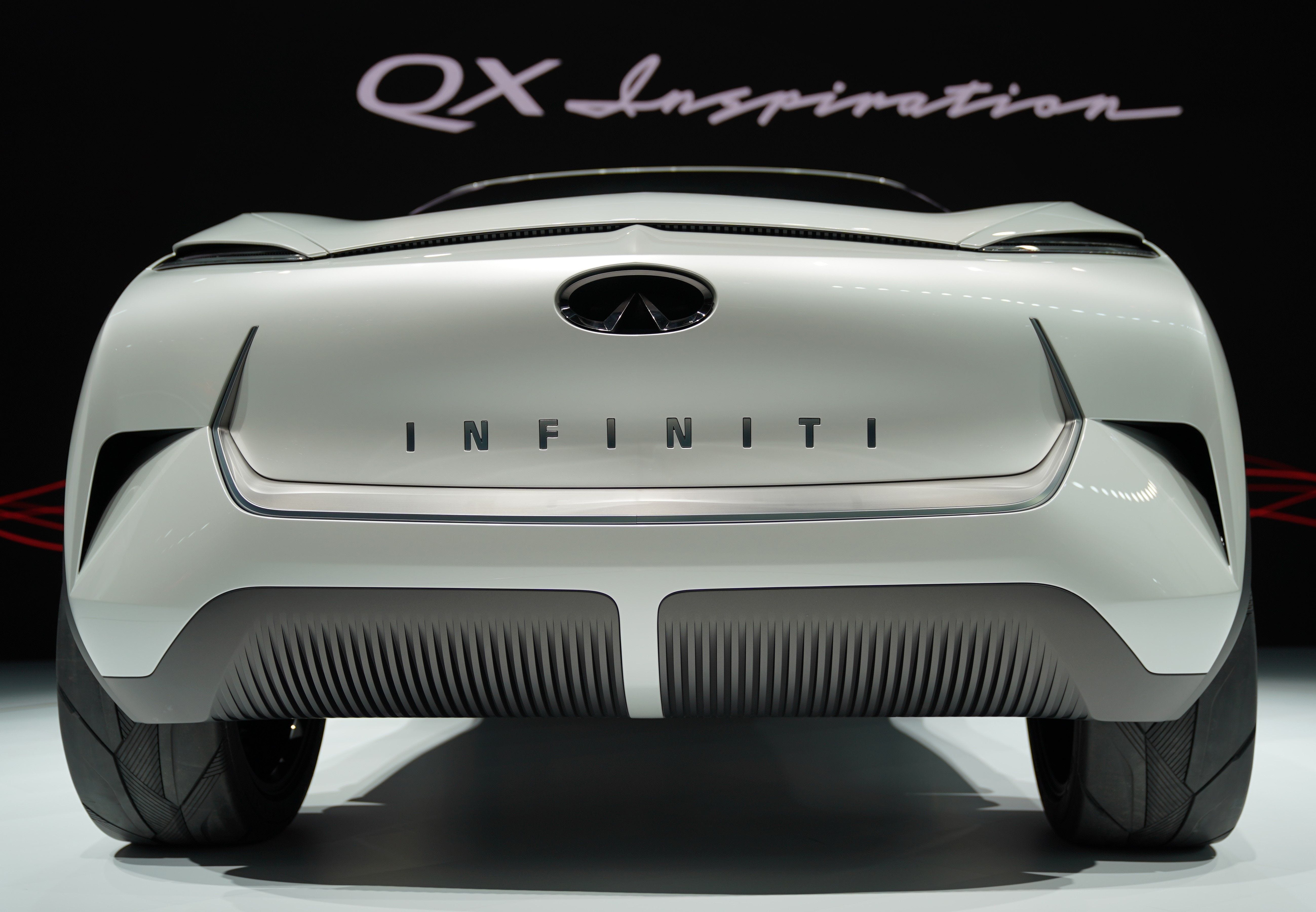EV market 'going to be a battle,' warns Toyota chief

Volkswagen is planning to invest $800 million to launch production of two battery cars in the U.S. Infiniti wants to electrify 100 percent of its lineup. Mercedes-Benz is launching an all-new sub-brand of battery-electric vehicles and even Porsche is getting ready to roll out the battery-powered Taycan sportscar.
There’s just one thing wrong with this picture, said Jim Lentz, the CEO of Toyota North America: For all the industry’s focus on “e-mobility,” consumers aren’t ready to go along for the ride.
“It’s going to be a battle,” said Lentz, during a Tuesday appearance at the Automotive News World Congress in Detroit. “There’s not much growth.”
The one exception is Tesla, he pointed out, which sold nearly as many vehicles in 2018 as it did in all the years before that. But the Tesla Model 3, said Lentz, is the only nameplate currently generating more than 10,000 sales per month. And of the 94 “electrified” vehicles on the market – including hybrids, plug-ins and pure battery-electric vehicles – only six top 2,000 a month.
“With EVs,” predicted Lentz, “I think it’s going to be a while” before they account for a significant share of the market. “I think we’ve overstated our belief EVs will take over the world.”
The slow uptake of battery-based vehicles poses a serious challenge for automotive manufacturers who have to decide how much – and when – to invest in the segment.
Lentz acknowledged that predicting what will happen in the transportation industry can be notoriously difficult. He pointed to his own, past expectations that we’d be approaching “peak oil,” or the point at which the global supply started to run out, by 2025, with fuel prices now on a path towards $6 a gallon.
Then there was Toyota’s decision to get into the hydrogen car market with the 2015 launch of its Mirai fuel-cell vehicle.
“We were concentrating on passenger vehicles,” said Lentz, which have racked up only a few hundred sales. Part of the problem is a severe lack of places to fill up, with only about 40 hydrogen stations in the U.S., most in Southern California. “Maybe that’s not the best bet.”
Toyota has decided to look at other options. While it will continue to offer the Mirai in limited markets, it last week announced plans to roll out 10 prototype hydrogen semi-trucks for use at the ports in Los Angeles and Long Beach. The State of California has set a mandate of eliminating all of the diesel trucks serving those shipping centers by 2025 and Toyota sees hydrogen power as a viable alternative – something the prototypes, developed in a partnership with Kenworth, will help prove out.
“Maybe the best place to get hydrogen into the market,” said Lentz, “is in commercial vehicles. Then, when we build an infrastructure, we bring on passenger cars.”
Toyota isn’t the only company buying into that approach. Salt Lake City-based start-up Nikola Motors plans to launch production this year of its Class 8 truck, the Nikola One. And, to help support the fleet it will set up a network of hydrogen fueling stations across the country.
Despite such concerns, few experts see the industry pulling back on the shift to alternative propulsion. Denis Le Vot, the CEO of Nissan North America on Monday said his company will have eight battery-electric in the market within five years and predicted it will soon be selling 1 million EVs annually, a number similar to what Volkswagen is looking at.
Proponents believe the tipping point will be driven by three factors: the arrival of new long-range models, the growth of the public EV charging infrastructure, and a steady downward shift in EV prices